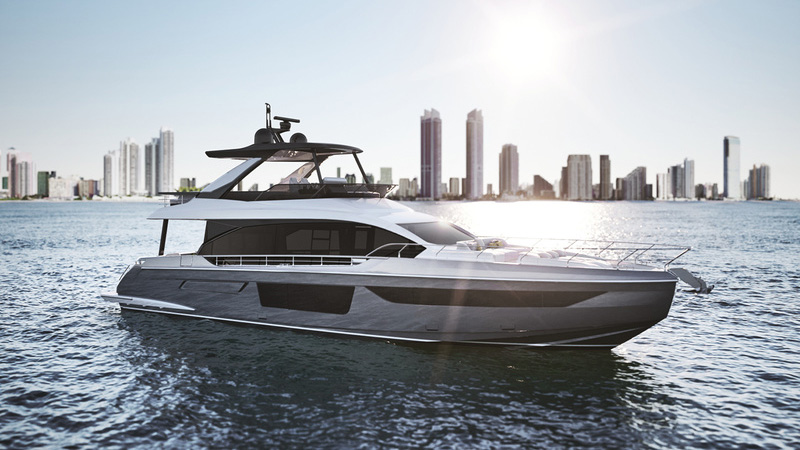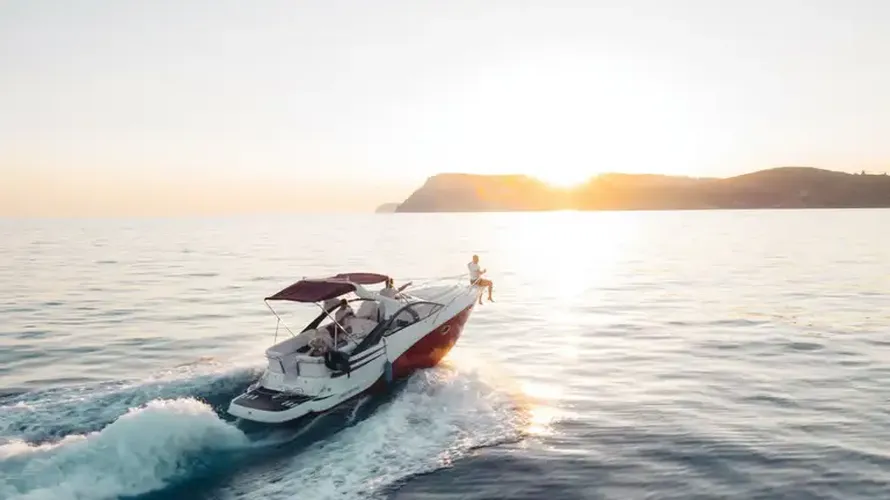As the allure of the open seas beckons to yacht enthusiasts, the importance of environmental stewardship cannot be overstated. In this era, reducing your yacht’s carbon footprint is not just a noble pursuit but a necessary one.
This article, “10 Ways to Lower Your Yacht’s Carbon Footprint,” offers practical strategies for yacht owners to embrace sustainability while enjoying the luxury and freedom of the sea. These methods range from technological upgrades to simple behavioral changes aimed at preserving the marine environment for future generations.
Table of Contents
Switch to Hybrid or Electric Propulsion:
Embracing hybrid or electric propulsion systems is a significant step toward eco-friendliness. These engines reduce reliance on fossil fuels, reducing emissions and noise pollution. The transition to such technologies represents a forward-thinking approach, aligning the luxury of yachting with environmental responsibility.
Use Solar Panels:
Integrating solar panels into your yacht’s design can significantly reduce dependency on traditional energy sources. Solar energy provides a clean, renewable power supply for onboard electrical systems, substantially decreasing your carbon footprint.
Implement Energy-Efficient Appliances:
Upgrading to energy-efficient appliances is an effective way to lower energy consumption. These modern appliances are designed to use less electricity while maintaining performance, thus reducing your yacht’s overall environmental impact.
Eco-friendly Maintenance Practices:
Adopting eco-friendly practices in yacht maintenance, such as using biodegradable cleaning products and non-toxic paints, helps protect marine life and water quality. This approach ensures that your maintenance activities do not contribute to the pollution of the aquatic environment.
OPT for LED Lighting:
Transitioning to LED lighting is a simple yet effective way to reduce energy consumption. LEDs are more energy-efficient and have a longer lifespan than traditional bulbs, resulting in lower electricity usage and fewer replacements.
Water Conservation:
Implementing water-saving measures on board, such as installing low-flow fixtures and practicing mindful water use, is crucial. Efficient water usage helps conserve this precious resource and minimizes the energy required for water treatment and pumping.
Responsible Waste Management:
Proper waste management is essential for minimizing the environmental impact of yachting. Implementing recycling programs, properly disposing of waste, and considering composting options are vital steps toward sustainability.
Eco-friendly Anchoring:
Choosing anchoring methods that minimize seabed disturbance helps preserve marine ecosystems. This practice is crucial in maintaining the health of underwater habitats and the species that rely on them.
Reduce Speed:
Operating your yacht at a slower speed can lead to significant fuel savings. This reduction decreases fuel consumption and minimizes noise pollution and the disturbance to marine wildlife.
Educate and Involve Crew and Guests:
Creating awareness among your crew and guests about the importance of sustainable practices is fundamental. Involving them in eco-friendly initiatives fosters a culture of environmental responsibility on board.




